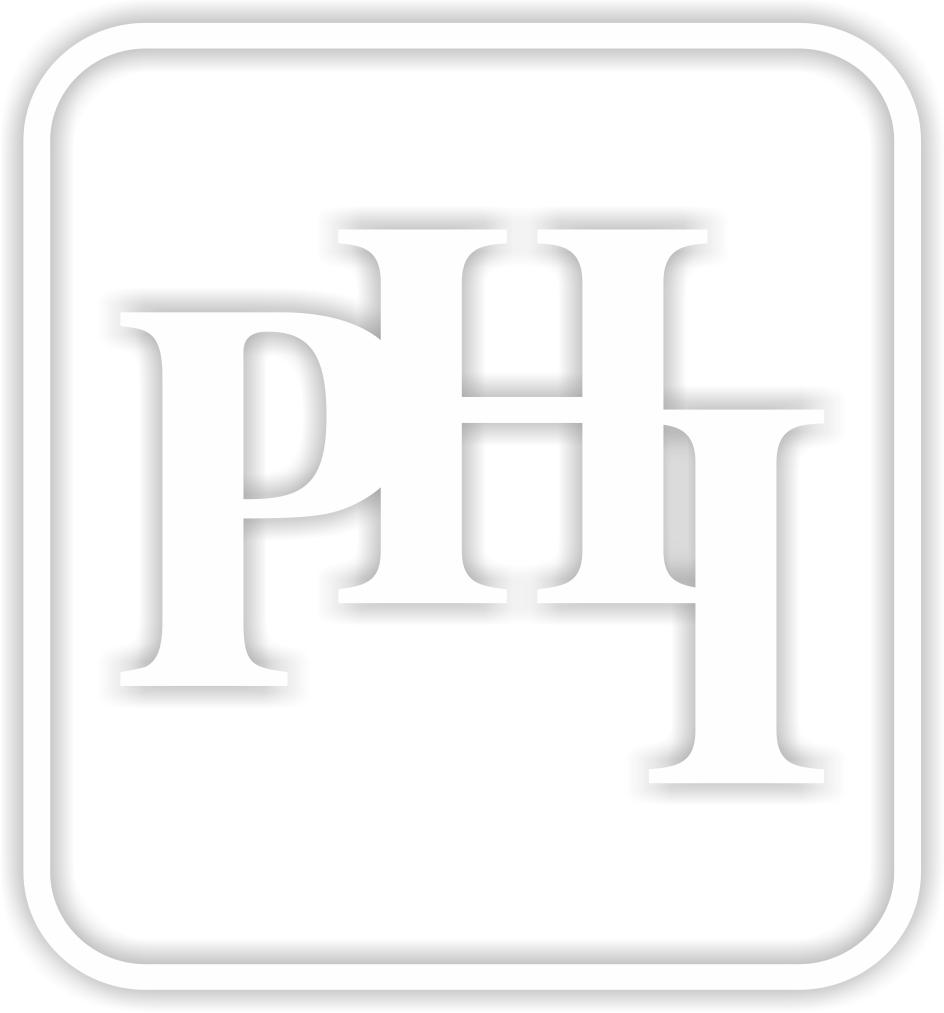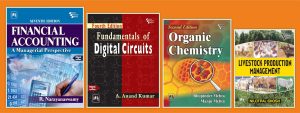As eBooks become popular amongst readers, all tech-savvy young students want to read their textbooks in electronic format. More and more academic textbook publishers are beginning to publish e-copies of their textbooks. Although hardcover and paperback books are still sold more than eBooks, sales of eBooks have been on the rise worldwide. It is commonly said that eBooks can transform the way we read books and we at PHI Learning agree!
This is why we have come up with our top 4 reasons to buy your textbooks in e-book format. Are you considering buying your textbooks in eBook format instead of print copies? Read on for the top 4 reasons to buy an eBook.
One Device, Many Books:
eBooks can be easily stored on most devices, making them highly portable due to the easy transportability of digital devices. Whilst print books are less compact and sometimes heavy, you can easily carry thousands of eBooks in a device that fits in your pocket! Often, eBook reading platforms will help you access your books across all your devices, making your eBooks accessible to you no matter which one of your devices you are using. Some devices on which people read eBooks are: E-readers, Tablets, IPads, Smartphones and laptops.
eBooks are better for the environment since they are read on a digital device. Creating digital books saves paper whilst also saving printing costs for publishers. Print book publishing uses around 3 million trees each year. E-books save all those trees from being chopped down and also help publishers save on raw materials, the production process in the printing press, and the final shipping of the books.
eBooks often cost less than print books since fewer raw materials are required to produce an eBook as compared to print books. Often, readers can save money by purchasing books in e-format.
Access texts anywhere, any time:
Since eBooks are portable and can easily be carried around, they are highly accessible. You can access your whole library across all your devices since most e-reading platforms these days enable users to sync multiple devices together. This means that you can read any of the books in your library no matter where you are or which of your devices you have access to.
This is especially convenient for students and working professionals. These young people can read their hefty textbooks whilst commute to and from work, anywhere on their college campus, or during their free time. E-textbooks are useful for people who have very busy lives. They enable people to carry all their textbooks with them in a single device, no matter where they are.
Digital books need to be published on an eBook platform that is reader-friendly and capable of making eBooks as accessible as possible. All of PHI Learning’s eBooks are published as Adobe Digital Editions. This platform is amongst the most advanced and updated eBook hosting platforms. We also offer IP Based or Cloud Based access on our platform for those who want to order in bulk.
Most students prefer eBooks:
Although many readers prefer the look and feel of a physical copy of a book, eBooks have better functionality. This could make eBooks a preferable option for most students. For higher education students who work on their laptops and other electronic devices, eBooks are a convenient student resource. Students who need access to multiple textbooks (often too many to carry around with them) can easily carry their books on their laptops. Students can access their texts easily on their devices whilst studying – no matter where on campus they are. No matter which one of their numerous texts they need, students who often have active lifestyles can carry all their textbooks around with ease.
A study by McGraw-Hill Education in partnership with Hanover Research involved 3000 students who voiced their digital preferences in college education. The study found that most students enjoy digital experiences. In the study, 84% of students said that digital technologies enhance their education. Many students write their subject research online on their laptops whilst others do their exam prep on their digital devices. Keeping eBooks handy on a device that is being used for all other college work could be especially helpful to these students. Students can also benefit from links to external websites. Such links can only be included in eBooks but not print books.
E-textbooks can offer students interactive features such as audio/visual elements and online review questions. Print books, in comparison, cannot contain such features. Many students prefer to learn on their devices rather than with borrowed textbooks. E-readers enable students to view textbooks on their devices. For young students, being able to study on their devices is very important.
Digital publishing is changing the publishing industry across all genres of books. This is especially true for textbooks. Textbooks are more often purchased by young college students who are more likely to purchase eBook copies.
Customize how you read:
eBooks enable users to adjust the text as per their preferences. Users can change the font, size, and colour of the text they are reading to customize their reading experience. Most e-readers and devices allow users to adjust the screen’s brightness, warmth, colour, and also feature pre-designed screen settings which can make reading easier for the readers’ eyes. Most devices have a “read in the dark” feature and allow readers to adjust the font size for better readability.
Many e-readers even have a “read aloud” feature. This allows readers to continue reading your texts after a long day of hard work – even when their eyes are tired from reading! This feature also helps readers understand pronunciations and is particularly useful for those with impairments that prevent them from reading. EBooks are, therefore, especially useful for students since these extra features help them to study with ease.
The only way readers can customize their reading experience with printed books is by marking pages or highlighting text. eBooks offer ample opportunities for helping the readers make the book they are reading their own. eBooks can contain audio, videos, and external links. Readers can bookmark pages with ease and also use the “word-search” feature to search for certain keywords or terms. eBooks also allow readers to write lengthy notes on each page of the book which can pop in and out of the screen as needed. This feature is especially useful when it comes to textbooks since students often need to write long notes whilst studying. Often, students’ notes can be so long that one page in a textbook produces a full page’s worth of study notes. Making such lengthy notes directly on the textbook is impossible in printed books. However, it is possible on most e-reading platforms. This makes e-textbooks especially suitable for many students who like writing notes.
We at PHI Learning believe e-textbooks are extremely useful for students. We believe eBooks are easily transportable, customizable, easy to store, convenient, and particularly valuable for students. These features are particularly useful for young students who usually prefer technology and like to study on their digital devices. At PHI Learning, we publish eBook versions of all our print books. Accessible on various e-reading platforms, our e-books are created with the intent to enhance the convenience and reading experience of students and teachers. Our e-textbooks enable students to customize how they study, transport their textbooks conveniently, and access their books no matter where on campus they are.
Interested in purchasing an e-textbook for your current or upcoming courses? Check out all our curriculum-based texts on our website www.phindia.com.
All our textbooks are aligned with the set syllabus at top universities nationwide. Our books are so well-designed to align with the existing college syllabi that the AICTE (All India Council for Technical Education) and the UGC (University Grants Commission) have recommended our textbooks after finding them suitable for the curriculum they already had set in place. So do check out our eBooks and grab some convenient and helpful student resources for yourself! https://www.phindia.com/PHI/AboutEbooks

